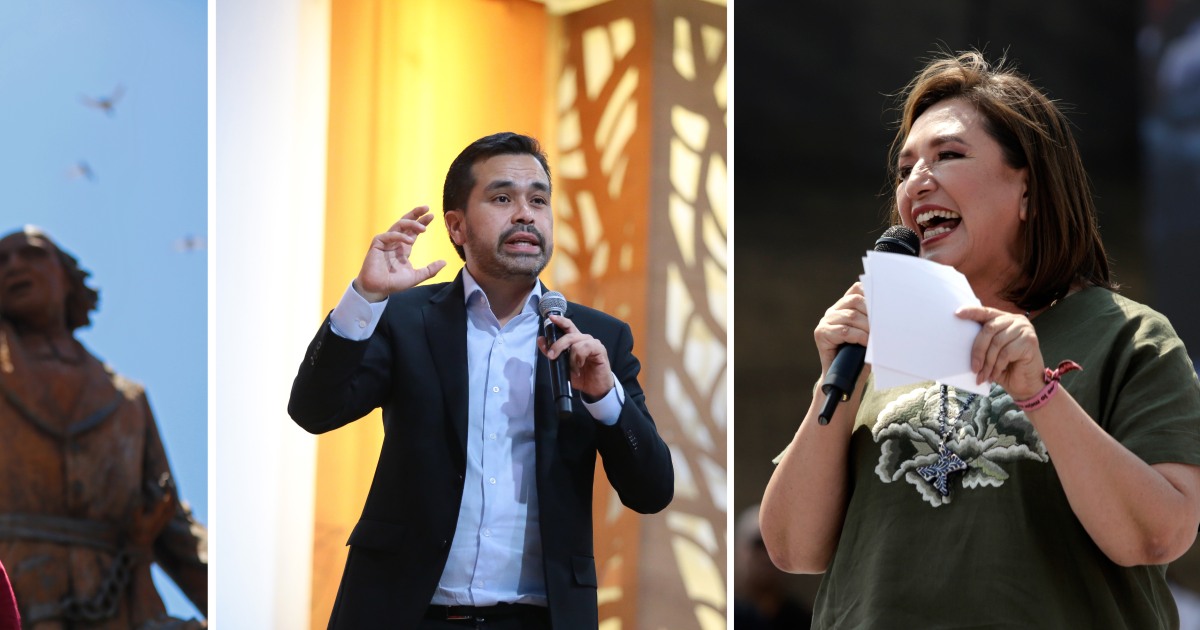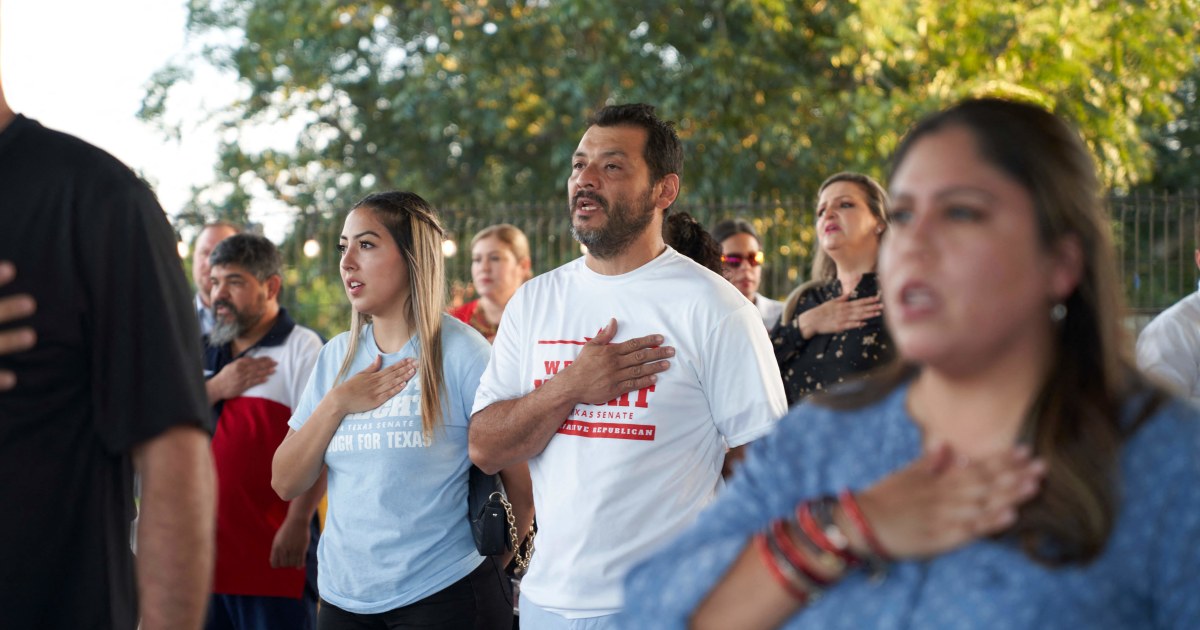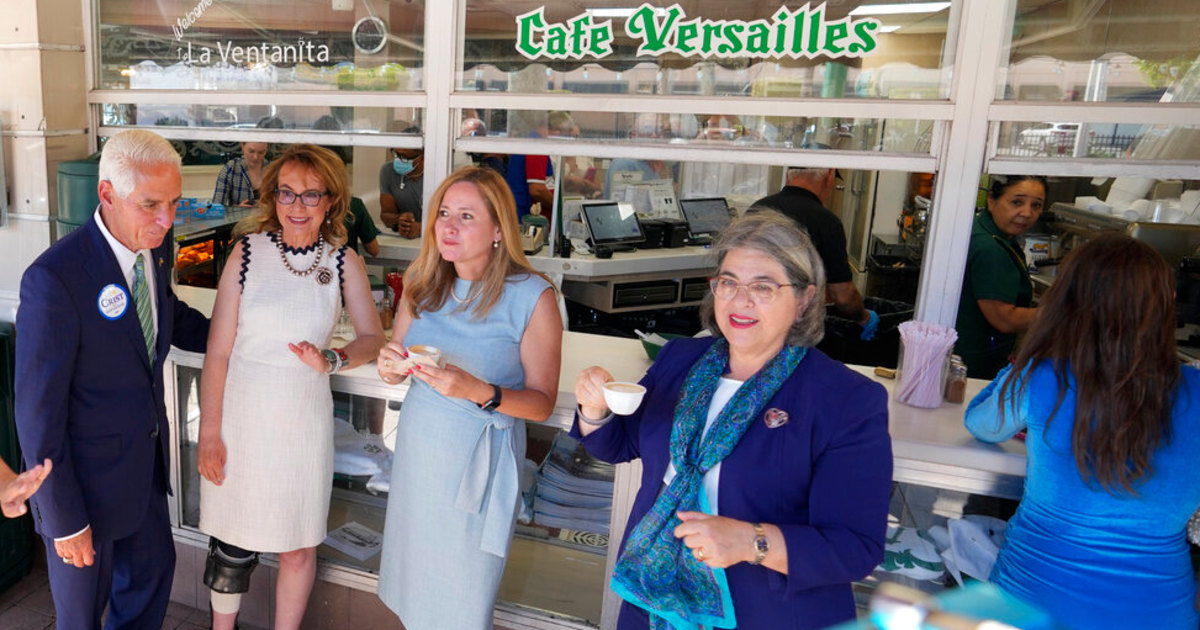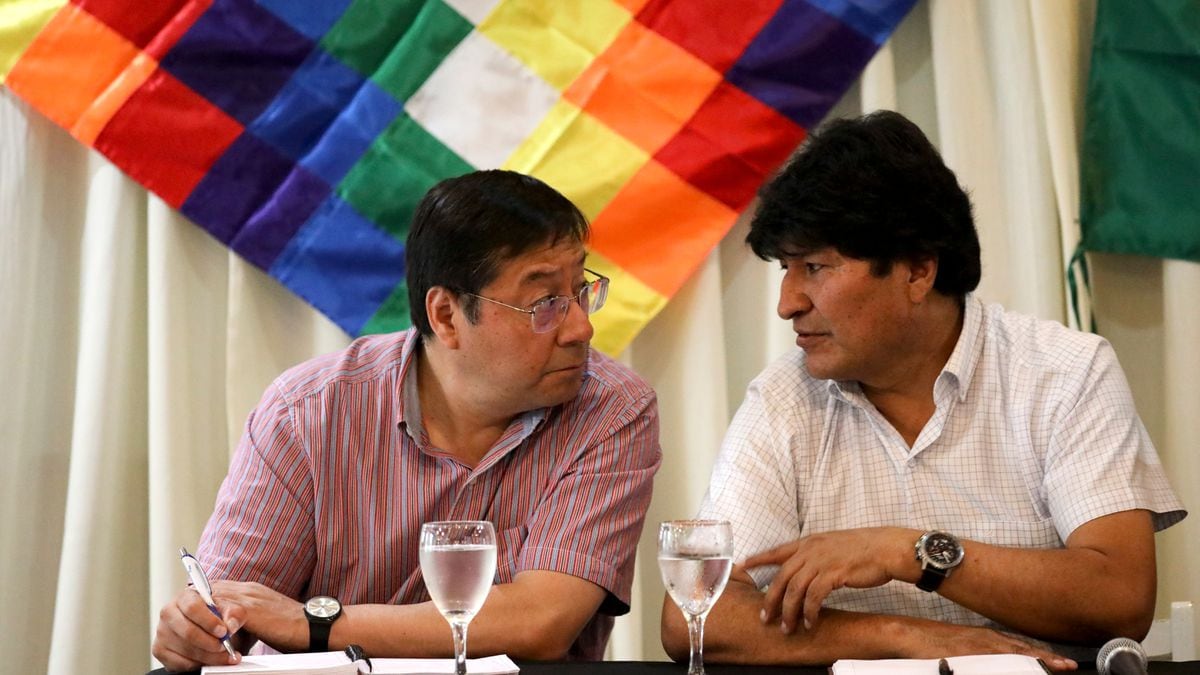Elections in Honduras: the country's economic challenges 1:41
(CNN Spanish) -
After 2021 marked by numerous elections in much of the region, Latin America will hold three momentous presidential elections in 2022 in Costa Rica, Colombia and Brazil, in a difficult context marked by the slow recovery after the pandemic of covid-19.
It may even be that the coronavirus will not finish disappearing in 2022, considering the current advance of the omicron variant and the fact that vaccines still do not reach much of the world.
But that will not prevent these countries from electing their new authorities.
European Union observers present preliminary report on the presidential elections in Honduras
The region is going through historical turmoil and current crises, and has not yet recovered from the impact of the pandemic.
All of this has been noted in the results of 2021, in which the officialdom have not performed well.
Thus, Costa Rica, Colombia and Brazil will elect in 2022 a new president and representatives for their respective legislatures, in elections in which great changes and continuities will be played.
Elections in Venezuela: how was the role of the international community?
1:49
Behind, in this 2021, have been the presidential elections in Ecuador, Peru, Nicaragua, Honduras and Chile, in addition to the legislative and local ones in Argentina, Mexico, Venezuela and Bolivia.
advertising
The elections in Latin America in 2022
Costa Rica
Costa Rica will open the election season in Latin America when it celebrates its general elections on February 6, 2022.
On this occasion, a new president will be elected, two vice presidents 57 deputies of the Legislative Assembly, according to the Supreme Electoral Tribunal, and 3,517,971 Costa Ricans are called to vote.
If none of the presidential candidates obtains more than 40% of the votes, a second round will be held on April 3 with the two most voted lists.
At the moment, 24 candidates for the presidency have been registered, according to the TSE.
According to a survey carried out in November by the Center for Research and Political Studies (CIEP) of the University of Costa Rica, the undecided reached 53%, so it is still difficult to have a clear trend on who could succeed President Carlos Alvarado Quesada.
Costa Rica project wins Earthshot award for protecting forests 3:07
Meanwhile, the three candidates who achieved the highest intention of votes were former president José María Figueres, of the National Liberation Party, with 13%;
Lineth Saborío, from the Christian Social Unity Party, with 10%;
and José María Villalta, from the Broad Front, with 6%.
The survey was conducted by cell phone and included 900 people between November 17 and 19, 2021, with a confidence level of 95% and a margin of error of 3.2%, according to its methodology.
Colombia
Colombians will vote twice in 2022. On March 13 they will elect senators and representatives to the Colombian Congress, and on May 29 they will choose a new president.
The current president, Iván Duque, will not be able to stand for election since the Constitution of Colombia does not allow reelection.
The leftist Gustavo Petro, who lost to Duque in 2018, is expected to be present in the first round after participating in the consultation of the Historical Pact coalition, after the Constitutional Court of Colombia ordered the National Electoral Council (CNE) in September Recognize the legal status of its political movement Colombia Humana, allowing it to participate.
The former mayor of Medellín and also a former candidate in 2018, Sergio Fajardo, already said on his Twitter account that he hopes to win the presidency within the framework of the Centro Esperanza coalition, although he must first overcome the internal one in that force.
While the ruling Democratic Center will be represented by Óscar Iván Zuluaga.
Brazil
Brazil, the largest country in Latin America, will elect president, senators and deputies for the National Congress of Brazil.
The first round will take place on October 3, 2022, and in the event that no candidate exceeds the absolute majority of the votes - as indicated by the Brazilian Constitution -, the second round will take place on October 30.
Although the number of Brazilians eligible to vote has not yet been reported, in the last elections of 2020 the figure reached 147,918,483, according to the Supreme Electoral Tribunal.
Brazil says vaccinated traveler was infected with omicron 2:30
The current president, Jair Bolsonaro, is expected to seek re-election, although he is likely to face a compelling rival: former president Lula da Silva, who has expressed his intentions to run.
According to a Genial / Quaest poll published in early November, Lula led voting intentions with 48%, followed by Bolsonaro with 21%.
Behind, the former judge and former Minister of Justice Sergio Moro (8%) and the lawyer and former candidate Ciro Gomes (6%).
In a second round scenario, Lula would reach 57% of the votes, compared to 21% for Bolsonaro, according to the same consultancy.
The survey was made of 2,063 people between November 3 and 6, and has a margin of error of 2.5 and a confidence level of 95%.
BrazilColombiaCosta RicaElections

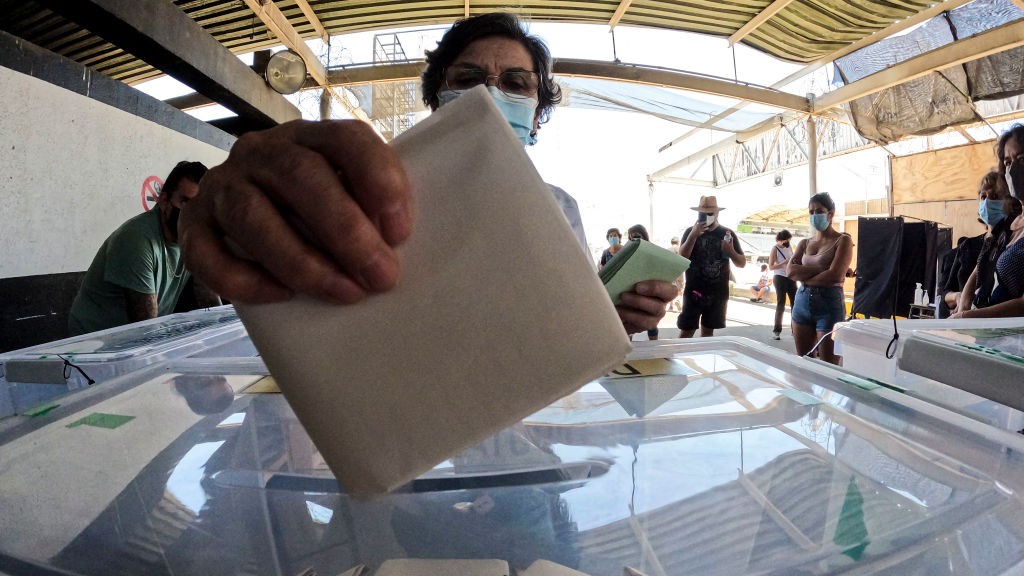
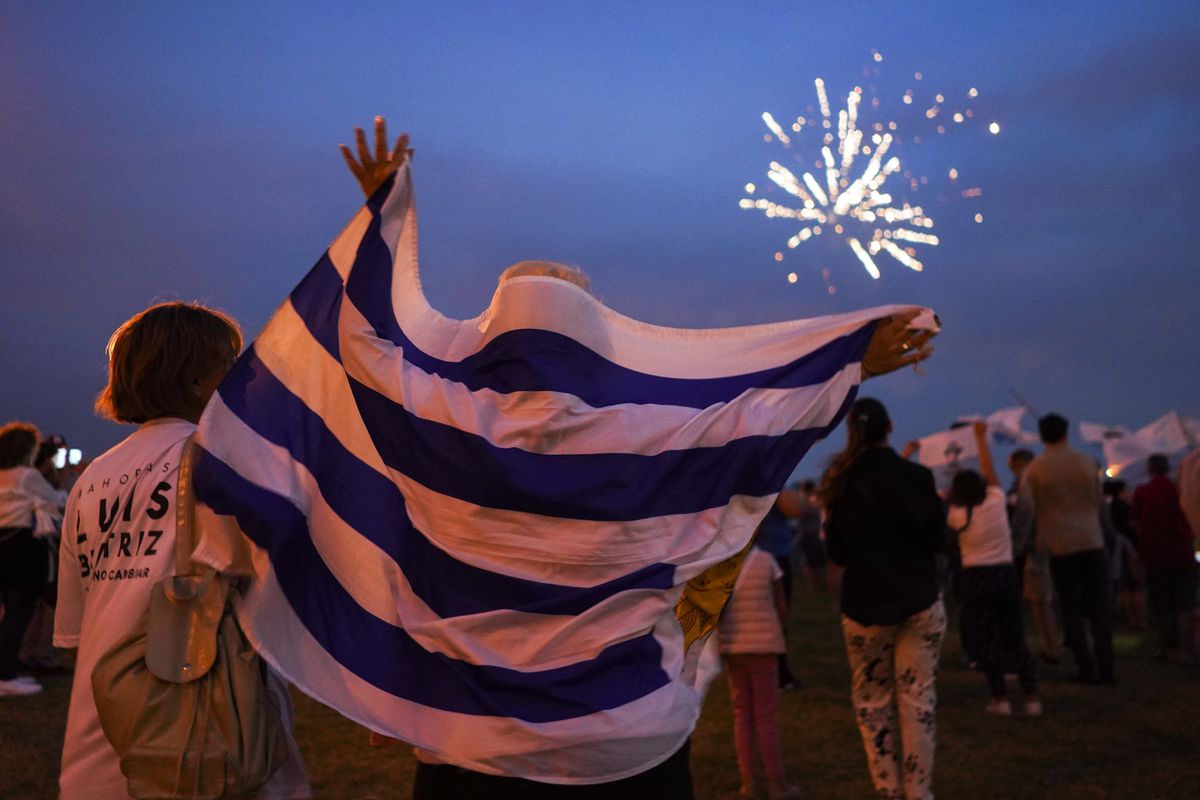
/cloudfront-eu-central-1.images.arcpublishing.com/prisa/AYBDQARVBB2WDG6IFPXHYFIMBM.jpg)
/cloudfront-eu-central-1.images.arcpublishing.com/prisa/RHYRDMQQ7BG5JOUSKAXBLKE6YE.jpg)
